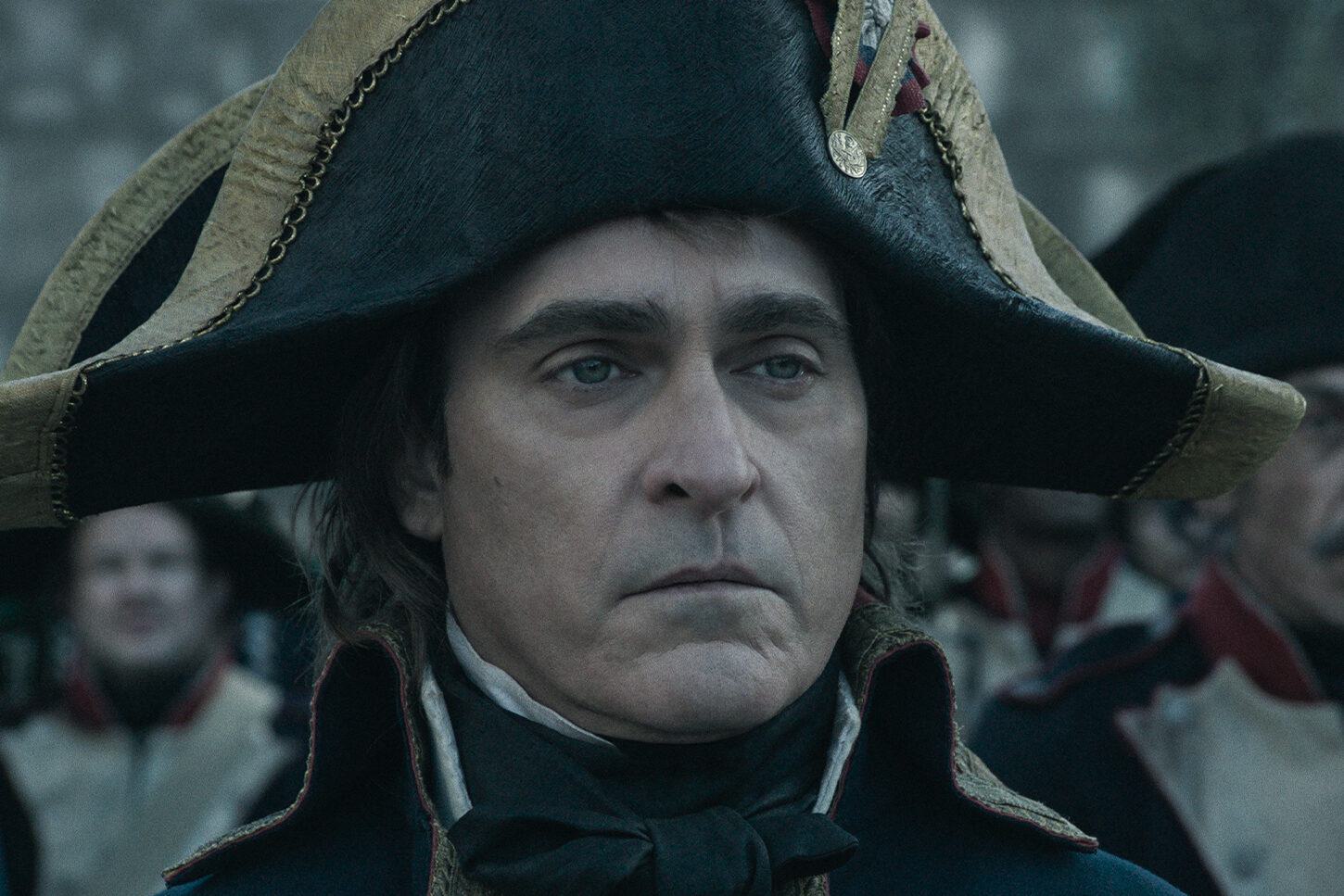I recently made the most unfortunate error of accepting an invitation to see filmmaker Ridley Scott’s latest movie, “Napoleon,” at the theater. Aside from being a dull, uninspired piece of claptrap, the movie did all it could to defame and belittle one of history’s most ambitious and influential characters. It was seriously brutal. They ought to show this thing in Ford’s Theater because it was an assassination.
Aside from dragging its title character through the mud, which I will return to later, Napoleon plays fast and loose with the facts in ways that seem unnecessary for pure streamlining for the audience’s sake.
Historical movies and, in this case, biopics, do not need to be entirely accurate. Some facts are embellished, and timelines are altered to make things more dramatic or easy to follow for the audience. But this isn’t what Scott did.
Instead of a movie about the rise and fall of Napoleon, the movie focused primarily on his marriage to Josephine, which isn’t bad on its own. What is bad is that the movie tears down Napoleon at every turn, portraying him as an infantile, whipped cuckold who stumbled his way to success, only begrudgingly acknowledging his victories while relishing his faults and failures.
Instead of telling an interesting story about two people who loved each other but were forced to part because of duty – Josephine could not give Napoleon an heir, leading to their reluctant divorce – Scott decided to tell a story of a pathetic little man desperately pining for a demur lover. When I sat down for this movie, the last thing I expected to see was Napoleon begging his wife for sex or obeying her command to repeatedly say, “I am nothing without you.” It was all very uncomfortable.
This humiliation extended to his interactions with foreign leaders. In one scene, Napoleon stormed out of a meeting with British ambassadors, shouting, “You think you’re so great because you have boats!” It’s supposed to be funny, but it’s more confusing than anything.
Scott’s flippant approach to Napoleon and Josephine undercuts any emotional weight the story might have had. After watching Josephine cheat on Napoleon countless times, treating him with little interest, it’s confusing to see her in tears at the thought of their divorce.
Furthermore, when Napoleon has his triumphs, like his coronation as Emperor, it is hard to celebrate because it doesn’t feel earned. The whole movie up to that point told us that Napoleon was not a cunning leader who rose from nothing to become the most powerful man in Europe, but rather a buffoon who got lucky. He is far from the inspiring leader of men from the history books.
When Napoleon returns from exile and convinces the French army to help him return to power, the movie’s portrayal causes us to question the intelligence of those who follow him. Really? You’re committing treason for this guy?
Unfortunately, it appears that the English Ridley Scott allowed his feelings for the French Napoleon to infect the movie. He couldn’t take the movie’s subject seriously but still felt obligated to make a historical epic, resulting in a movie that isn’t quite satire but isn’t quite sincere.
If Scott wanted to make a biopic about a cuckold with an overbearing wife, there are plenty of subjects … such as Will Smith.
Nick Treglia is a first-year law student.
The views and opinions expressed here are those of the author and do not necessarily reflect the policy or position of 1819 News. To comment, please send an email with your name and contact information to Commentary@1819news.com.
Don’t miss out! Subscribe to our newsletter and get our top stories every weekday morning.










